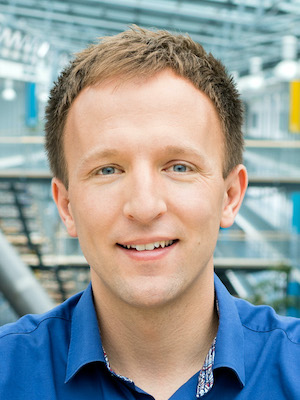Project Organization and Management (POM) - Summer 2019
Course Information
- Language: English
- Type: 3V + 2Ü
- Module: IN2083
- ECTS Credits: 6
- Prerequisites: You should have passed an introduction course into software engineering (e.g. IN0006). It is helpful if you successfully participated in Software Engineering I: Software Technology (IN2126), Advanced Topics of Software Engineering (IN2309, IN2126) or similar courses
- TUMOnline: Please register for the Lecture in TUMOnline
- Time and Location: Lectures and exercises are intermixed on
Information
- Lectures and exercises are interactive, they are based on interaction and participation in the classroom.
- The course includes several guest lectures from industry
- You participate in exercises in class, such as tutorials and quizzes.
- We expect active participation. You can earn an exam bonus for successfully participating in exercises.
- You must have your own Laptop and you are required to bring it to class!
- At the end of the semester, there will be a final exam
Learning Goals
- Learn and apply the basic techniques and methods of project organization such as task, issue and meeting management
- Apply agile methods, in particular Scrum
- Learn how to form teams, how to communicate and collaborate in a team project
- Estimate tasks and schedule projects
- Model software life-cycles
- Write proposals and agile contracts
- Design user interfaces, create prototypes and evaluate these using typical usability heuristics
- Apply software configuration management including change, branch, merge and review management using git and pull requests
- Apply build, release and feedback management by implementing typical continuous integration and continuous delivery workflows
- Learn how to manage risks and global projects
- Get to know project management antipatterns
Course Structure
- Project Organization
- Software Lifecycles
- Kanban
- Scrum
- Usability Management
- Rationale Management
- Software Configuration Management
- Architecture Management
- Proposal Management
- Estimation and Scheduling
- Hardware / Software Co Design Management
- Agile Contracting
- Continuous Integration
- Continuous Delivery
- Code Quality Management
- Test Management
- Risk Management
- DevOps
- Consulting
- Global Project Management
- Digitalization
- Project Management Antipatterns
Desired Outcome
You become a technology manager and you are able to apply the key concepts, techniques and methods of software project management that are used when complex software systems in large teams are developed.
Instructors
 |
Prof. Dr. Bernd Brügge |
 |
Dr. Stephan Krusche |

